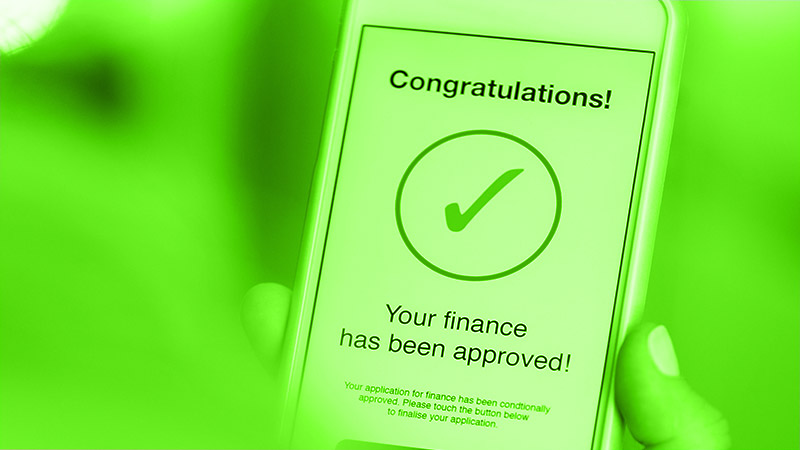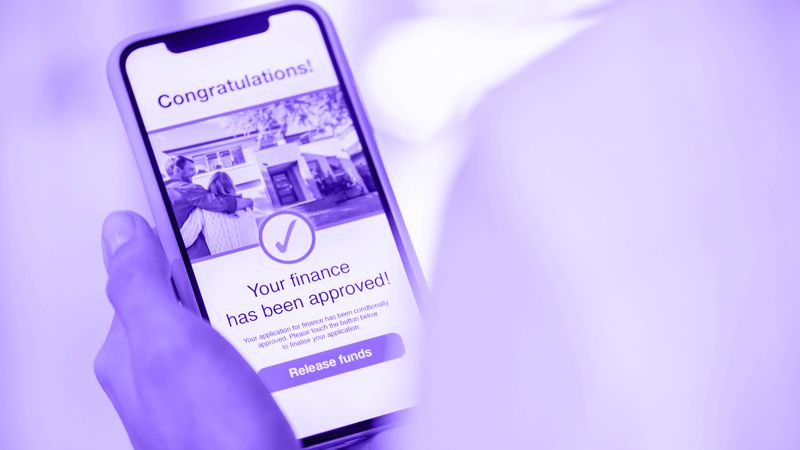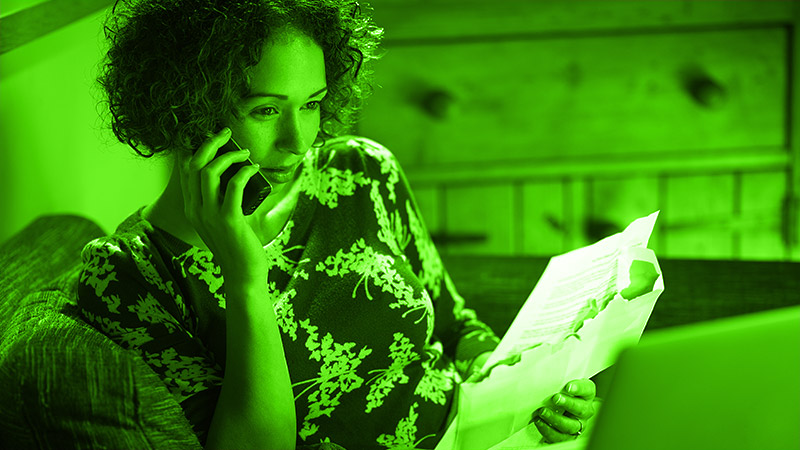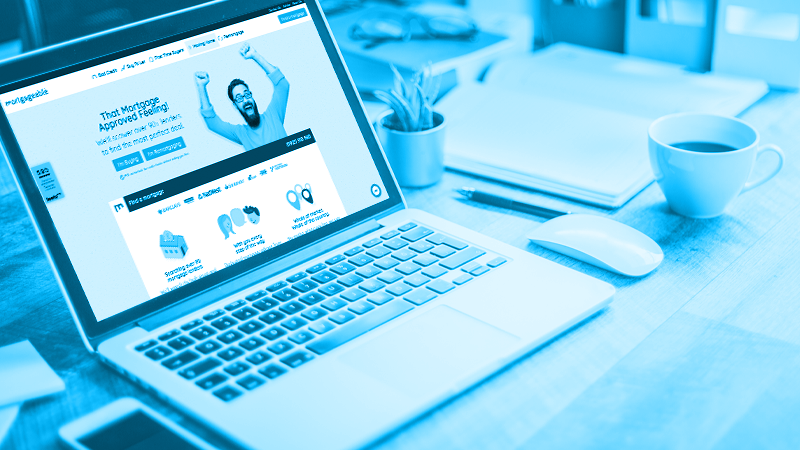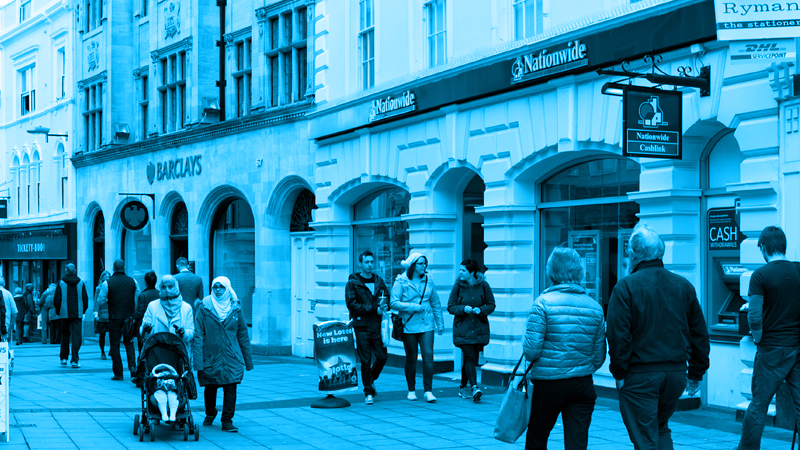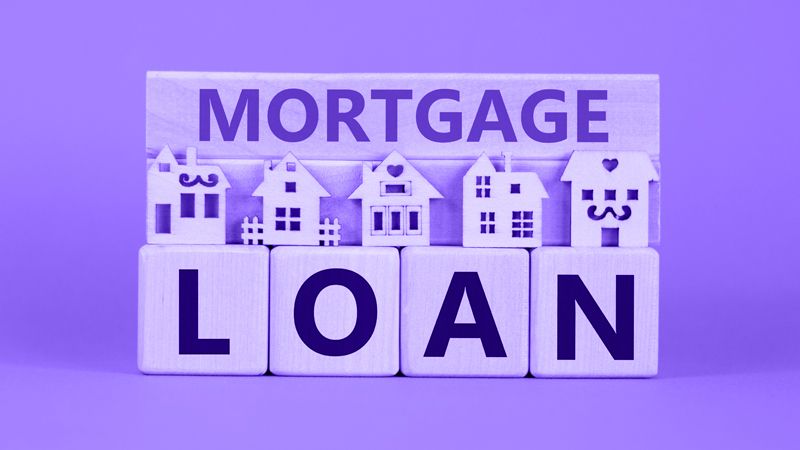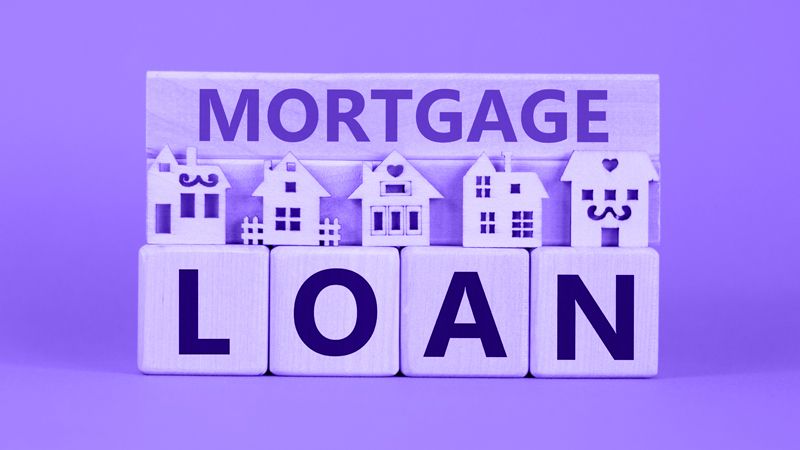If you are thinking about borrowing money, you have to face the decision of whether you are going to take a secured loan or an unsecured loan.
What’s the difference between them? The primary difference is that, unlike an unsecured loan, a secured loan is backed up by collateral, which is a valuable personal asset you own, such as a car or property.
With a secured loan, the lender has the power to take possession of the collateral if you don’t pay back the loan on time or fully as agreed.
The most common types of secured loans are car loans and mortgages.
On the other hand, an unsecured loan is not backed up by any collateral.
So even if you mess up paying the loan, the lender won’t be able to seize your property automatically. Some common unsecured loans are student loans, credit cards, and personal loans.
For larger amounts, secured loans are easier to get than unsecured loans. This is because secured loans are less risky for lenders, so getting approved increases.
Compared to unsecured loans, securing a loan with a valuable asset such as a car or house means lower risk for the lender.
As a result, lenders will be less likely to reject your loan on factors like credit scores when considering your application.
How Does a Secured Loan Work?
A secured loan mandates borrowers to place collateral against the loan. Doing this gives borrowers the incentive to settle the loan on time.
After all, the possibility of losing your car, land, or house is a strong motivator to pay the loan and avoid the loss of valuable possessions.
When applying for a secured loan, your lender will ask what collateral you are willing to put up against the loan you need.
Then, if you struggle to repay the money, the lender can put a lien on the collateral. Placing a lien means that the lender can claim the borrower’s collateral as his possession.
The lender has the authority to keep the lien active until the money is repaid fully. The lien will be lifted once the loan is paid and the collateral ownership comes back to the borrower.
If the borrower defaults on the loan, the lender can access the loan collateral, sell it off, and cover any losses on loans.
This is why it’s so important for borrowers to consider what asset they’re using as secured loan collateral and be sure whether they are willing to risk it against a lien or loss if the secured loan falls into default.
Related quick help guides:
- Secured loans brokers.
- Secured loans for pensioners.
- Secured loans for self employed.
- Interest only secured loans.
- Can I get a secured loan on a buy to let property?
- Secured business loans.
Types of Secured Loans
Mortgage Loans: A mortgage is one of the most common types of secured loans. It’s a loan to pay for a home. The borrower is required to put his house as collateral.
If the secured loan is not paid back, the borrower can lose the home. A mortgage loan involves a monthly payment of the principal and interest, taxes, and insurance.
Vehicle Loans: Loans for cars, boats, motorcycles, and aeroplanes are all secured loans, and the vehicles act as the collateral backing up the loan.
Like a mortgage loan, failing to pay the secured loan will end up in the vehicle being taken by the lender. Your monthly loan payments will consist of a monthly payment and interest rate, determined by various factors.
Secured Credit Cards: If you have no credit history, secured credit cards are an excellent way to accumulate and build up credit scores.
However, unlike mortgage loans or vehicle loans, a secured credit card will require you to deposit cash as collateral.
Which Assets Can be Used to Back Your Secured Loan?
Generally, you can use any asset allowed by the law as collateral to get a secured loan. However, most lenders look for liquid assets that can be easily sold for cash. The asset should also have a roughly equal value to the borrowed loan amount.
The following are common types of secured loan collateral:
- Real estate.
- Bank accounts, including savings accounts, checking accounts, and money market accounts.
- Vehicles such as cars, trucks, SUVs, motorcycles, boats, etc.
- Stocks, mutual funds, or bond investments.
- Insurance policies.
- Precious metals.
- High-end collectables and other valuables.
Pros and Cons of Secured Loans
Before deciding on a secured loan, you should weigh the value of obtaining one. Read on below to find the pros and cons of secured loans.
Pros of Secured Loans
- Excellent credit score not needed: Even if you have a poor credit score, a secured personal loan allows you to borrow that cash and brighten your future. There are always lenders who are ready to offer bad credit loans.
- Increased approval chances: You have more chance to get a secured loan than an unsecured loan- even with poor credit history. Since your loan is secured against your valuable property, the lender faces less risk and is more willing to give you the loan. If you don’t repay the loan, they can take that asset to recover the owed money.
- Lower interest rates: Secured loans come with lower interest rates. Since your asset is used as a backup, it reduces the overall cost of borrowing.
- Higher loan amounts: You can borrow larger amounts than unsecured ones in secured loans because lenders view secured loans as less risky.
- Opportunity to build credit score: Each time you pay on time, you build up a good credit record.
- Longer repayment time: Secured loans allow you to repay the loan over a longer period of time, making them more affordable each month.
Cons of Secured Loans
- You might lose your collateral: You put up an asset in exchange for a loan in a secured loan. If you can’t repay your loan as agreed, you will lose your asset.
- Your credit history might be damaged: Failure to make payments in time will result in a poor credit score.
- Spreading payments means more interest: In a secured loan, you can spread your payments over a more extended period, which means paying more interest overall.
Is It Easier to Get a Secured Loan? Last Word
A secured loan is easier to get than an unsecured one because it is backed up by collateral, posing less risk for the lenders and making them more willing to loan them money.
Still, acquiring a secured loan is a decision that requires serious planning and preparation.
The best approach is to realise the risks, find the right lender, and have a backup plan in case of inability to repay the secured loan.
Your secured loan experience will be rewarding if you tackle these fundamental points: getting the cash you need while keeping your valuable assets in your possession.
Give Mortgageable a call today at 03330 90 60 30 or contact us to speak to one of our friendly advisors.
